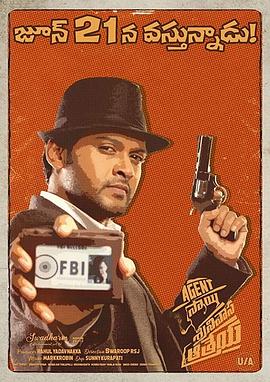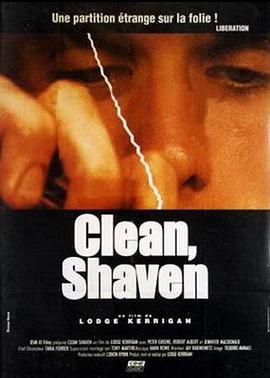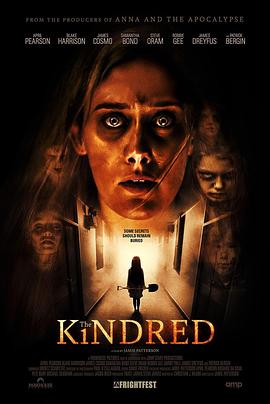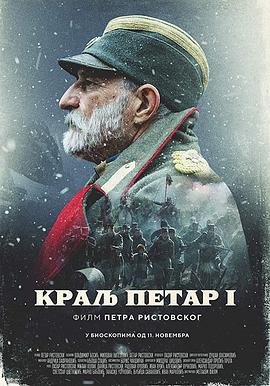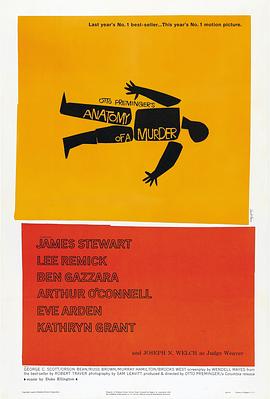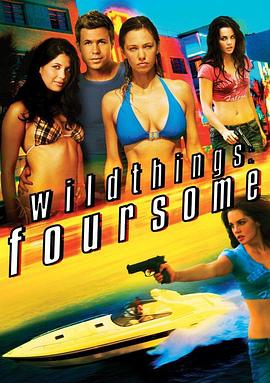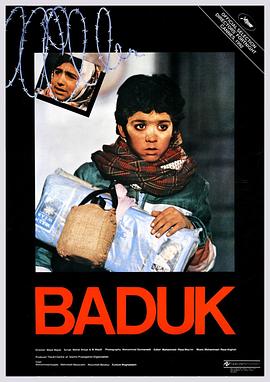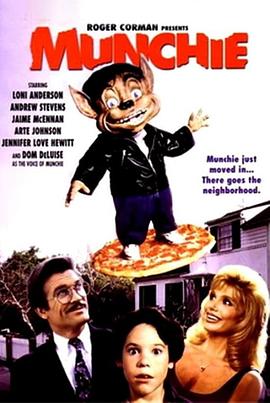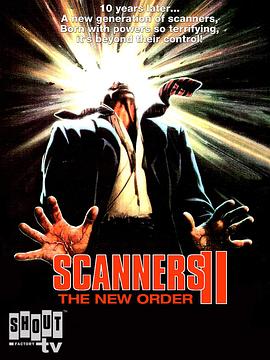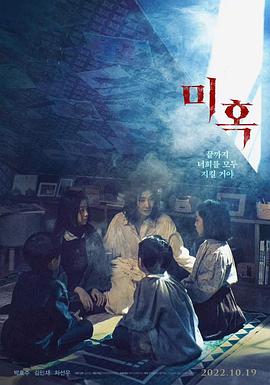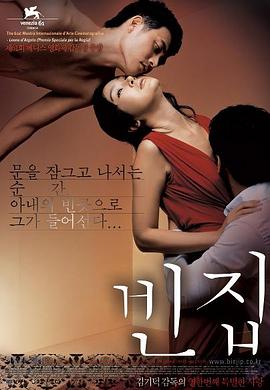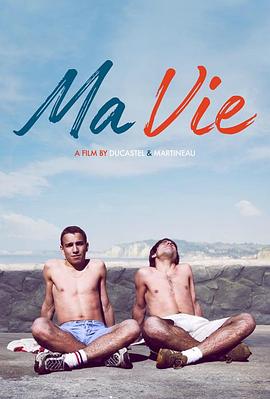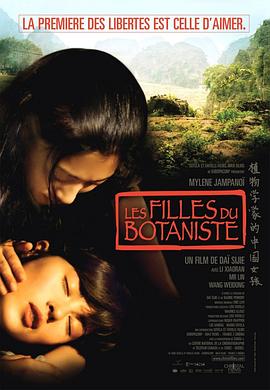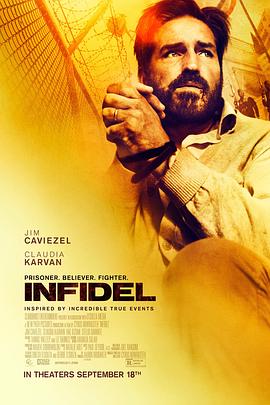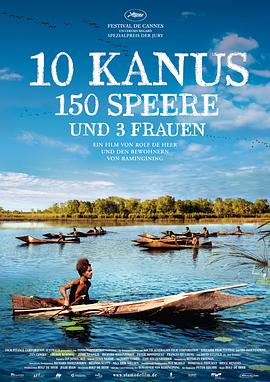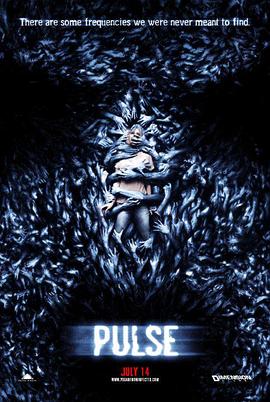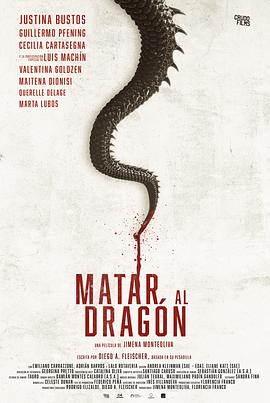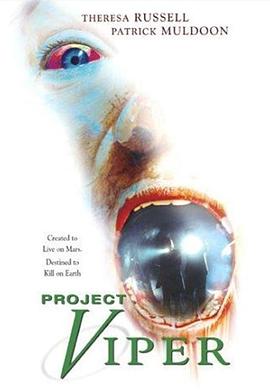Ji
搜索"Ji",找到742部影视作品
导演:
/Toka McBaror
主演:
剧情:
四个富有的男人(快乐的男人)引诱有权势的女人 从政治精英那里得到合同 从富人那里偷东西,给穷人 和城里最性感的女人发生性关系 他们面临着前所未有的挑战 因为他们与一位声名狼藉、腐败的政客对抗 后者计划拆除一个村庄 建造一座购物中心 这四个人计划拯救村里的穷人
导演:
/迈克尔·道斯
主演:
剧情:
新线影业开发的喜剧片[八比特圣诞](8-Bit Christmas,暂译)已经开拍。影片由尼尔·帕特里克·哈里斯、温斯洛·费格雷、琼·黛安·拉斐尔、斯蒂夫·扎恩主演,迈克尔·道斯([冰球坏小子])执导,凯文·雅库波斯基操刀剧本。 该片根据凯文·雅库波斯基撰写的同名小说改编,故事以20世纪80年代末的芝加哥郊区为背景,讲述了10岁的杰克·多伊尔(费格雷饰)为了得到最好、最新的圣诞电子游戏开始艰难的挑战。哈里斯扮演成年后的杰克·多伊尔,同时也担任该片旁白。拉斐尔和扎恩饰演杰克·多伊尔小时候的父母凯西和约翰
导演:
/亚历克斯·斯塔普尔顿
剧情:
Reggie examines the career and legacy of Major League Baseball Hall of Famer and activist Reggie Jackson. Jackson sits down to recount his experiences breaking barriers within the MLB, starting in Birmingham at the height of the Civil Rights movement, then moving to Oakland during the rise of the Black Panther Party — and eventually landing in New York City as the highest-paid player in baseball. The documentary also features Julius “Dr. J” Erving, Hank Aaron and Derek Jeter.
导演:
/Andy Hurst
主演:
剧情:
腰缠万贯的酒店大亨泰德(卡梅隆·达多 Cameron Daddo 饰)在一次赛车比赛之中死于意外,负责调查此事的探员弗兰克(David W. LeBlanc 饰)怀疑这一切并非偶然,而是一宗经过了精心策划的阴谋。而隐藏在背后的真凶,很可能就是一直对泰德怀恨在心的卡森(Ashley Parker Angel 饰),然而,心怀鬼胎的弗兰克,很快就拜倒在了卡森的贿赂之下。 参与这起阴谋的还有卡森的女友瑞秋(Jessie Nickson 饰)和好友布兰迪(吉莲·默瑞 Jillian Murray 饰),而这两个身份复杂的女人又有着各自的秘密。原来,瑞秋一直觊觎着卡森的家产,而泰德是害死布兰迪父亲的罪魁祸首。在这场以生命为赌注的比赛之中,真正能够胜出活到最后的只有一人。
导演:
/Kim Jin-young
主演:
/朴孝朱
剧情:
A chilling mystery thriller, blessed by stirring imagination and striking acting performances, especially by child actors. Among witty scares invented by the director herself, we get closer to untreatable true sins of the Catholic religion. Skilfully raised fantasies about exorcism, possession and resurrection slowly transform into breath-taking horror, which may not leave your thoughts for a long time after the screening. A devotedly faithful family mourns their elder son Han-byul. Both parents sincerely believe that it is the hand of good lord Jesus that tests them with painful suffering. The reverend advises adopting a child with special needs and sharing all the love they still have in their wounded hearts after the tragic accident. So the grieving parents embrace visually impaired charismatic Isaac, who quickly finds his place in their spacious two-storey house. The acutely sensitive boy counts that the kind family still consists of seven members, and witnesses how the crying Han-byul constantly visits them. Confused by incredible revelations, the mother starts to notice previously unseen guiding signs. Guilt confronts sanity. Grief transmits into fear. Doubts bring home obsession. New clues expose hurtful lies. Divine faith opens all gates to powerful devilish manipulations. The prolonged process of healing disperses into drowned secrets. How long can you believe something whispered by someone who is not entirely trustworthy? How far will a loving mother go to protect her adopted child who suddenly uncovers not-so-pleasant truths?
导演:
/金基德
主演:
剧情:
泰石(在熙饰)是个无所事事的年轻人,他每天骑着摩托车挨家发传单,将它塞入钥匙孔中。如果过几天传单还没有被人拿掉,泰石就会撬开锁进去小住一段时间,在那洗澡做饭拍照。作为交换,他会帮主人家做些家务、打理房间。 一次,他在一所空房子里遇见了一个被丈夫施虐折磨过的女人善华(李丞涓饰)。她浑身青肿,眼神里流露着哀怨。逃走后的泰石惦记着善华,再返回她家时,恰好碰上善华的丈夫在虐待她,他当即出手,带走了她。 后来,他们两个人恢复到以前的神秘生活,结伴一起寻找空房间,虽没有言语交流,却彼此默契。一次他们进入陌生人房间时,发现一具老人的尸体,他们为他办了一个认真的葬礼后就在这件屋子快乐的住下。直到一天老人的儿子找上门来,他们被当作杀人嫌疑犯带走。泰石锒铛入狱,善华被老公带走。但是故事并没有在这里结束。
导演:
/奥利维耶·杜卡斯泰尔,雅克·玛尔提诺
主演:
剧情:
透过摄像机偶尔晃动的画面里是Étienne无法言语的懵懵情愫,对好友Ludo,对自己的地理老师,对花样滑冰的队友。很朦胧却时时刻刻的萦绕在心头。不敢用自己的双眼直接去面对,只能用镜头去捕捉那些人,那些表情,那些感情... 故事从Étienne,一个法国男孩过生日时得到了一部微型摄像机开始,他每天拿着摄像机记录自己和别人的生活。这部电影出自曾经拍摄过《巧克力男孩》的两位电影导演之手。导演在这部作品中作了大胆的尝试,采用主角的第一人称视角,提供给观众大量零散的影像资料,让观众自己捉摸和归纳,深入一个同志男孩的内心世界,情节天真而有趣。 我再次被法国电影这种浪漫婉约派的拍摄手法给打动,没有什么山盟海誓,生死离别,就是娓娓道来的一段生活经历,却如此的吸引你,让人陪着帅气的小男主人公踏上寻爱之旅!
导演:
/戴思杰
剧情:
故事发生在上世纪的80年代。著名的植物学家在一个岛上培育研究植物,他的性格严厉保守,与女儿陈安(李小冉 饰)相依为命。这天,混血女子李明(米兰妮•詹姆帕诺米 Mylène Jampanoï 饰)前来岛上实习,她父母在唐山地震中双双亡故。陈安于李明朝夕相处,二人暗结断背情愫,感情日渐深厚难分。 陈安哥哥在西藏当兵,探亲归来,喜欢上了李明,父亲大力撮合婚事。此时陈安与李明已经互许终生,升华为情欲和爱欲交织的感情。为了二人可以相伴终生,李明决定答应这头婚事。然而,哥哥终究发现李明不是处女的秘密,怒不可遏,把李明打伤。李明逃回植物园,这时父亲才觉察到了李明与女儿之间的不寻常关系。一场悲剧正在慢慢上演。
导演:
/Jim Sonzero
剧情:
玛蒂(克里斯汀·贝尔 Kristen Bell 饰)和男友乔什的关系最近有些疏远,她在多次电话联系无效后拜访乔什,但看到的却是男友自杀后的尸体……玛蒂陷入了自责,男友的幻象萦绕在她的眼前。不久,在玛蒂和朋友们使用网络聊天软件时,忽然传来了乔什的即时讯息,玛蒂怀疑有人在使用男友的电脑,委托朋友查看,这导致朋友在乔什家遭遇了恐怖的经历……另一方面玛蒂追索电脑下落,结识了购买电脑的青年德克斯特,后者在乔什电脑中发现了一系列诡异的视频,乔什在视频记录中自述其运用黑客技术释放出了恐怖的物事,而他自己已无法控制。玛蒂在周围人的自杀、失常中愈发体会到一场借助网络传播的恐怖阴云正迅速笼罩整个城市……
导演:
/Jimena Monteoliva
主演:
剧情:
The nightmarish tale of two siblings cruelly separated as kids. The youngest, Elena, is confined to the world of darkness, where she leads a miserable life. While the eldest, Facundo, remains in paradise, where he lives a peaceful life as a doctor with his wife and two daughters. 25 years later, the two are reunited to face the family tragedy that separated them.
导演:
/帕特丽夏·罗兹玛,Jessika Borsiczky,谢雷·福克森,Samira Radsi
剧情:
《性/生活》讲述了一个女人、她的丈夫以及她的旧情人之间的三角恋故事,采用全新的视角审视了女性的身份和欲望。比莉·康纳利(莎拉·夏希饰)并非生来就是生活在郊区的全职妻子和母亲。在嫁给充满爱心且为人可靠的库伯(迈克·沃格尔饰)并搬到康涅狄格州之前,比莉是一个自由奔放的野孩子。她与好朋友莎夏(玛格丽特·奥黛特饰)一起在纽约生活,工作努力,玩得更嗨。照顾两个年幼的孩子让比莉感到筋疲力尽并开始怀念过去,于是她开始写日记,幻想自己与性感的前男友布莱德(亚当·迪莫斯饰)的激情之旅 — 与后者的分手让她一直无法释怀。但比莉越是回想,就越想不通自己为何走到了今天的地步。然后,丈夫发现了她的日记。有关比莉过去的真相会在她的婚姻中引发一场性革命吗?还是会让她与那个抛弃她并让她心碎的男人再续前缘?
导演:
/吉姆 温诺斯基 (Jim Wynorski)
主演:
剧情:
南西是一个成功的遗传学家,在中美洲的热带丛林里,她为了制造一个能够存活在任何气候下的生物,准备前进火星探索,于是她将成群濒临绝种的火蜥蜴和病菌结合在一起,结果火蜥蜴长出人的手足脚,南西并为它取一个新的名字叫VIPER。 秘密情报局获知南西培育出这种新基因,他们认为应该要将她和她的实验迅速护送回美国,正当南西和麦克眼看著VIPER就要被直升机送返美国,突然一阵枪响,VIPER被击中下来,在一阵强烈翻覆后,机上的火蜥蜴与VIPER产生化学作用。 这个新的生命有强烈的求生欲望,他愤怒地毁损丛林和残杀附近的居民。麦克和南西极力想要阻止这场灾难;但唯一的问题是,所有人根本不曾看过他.......


